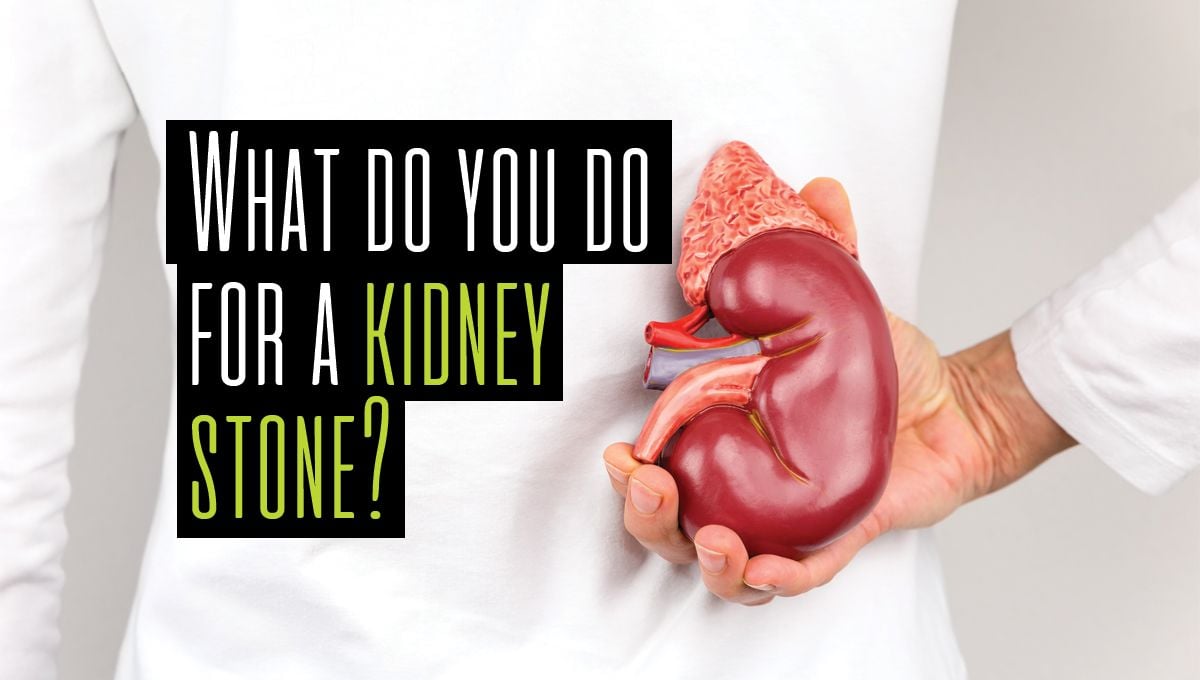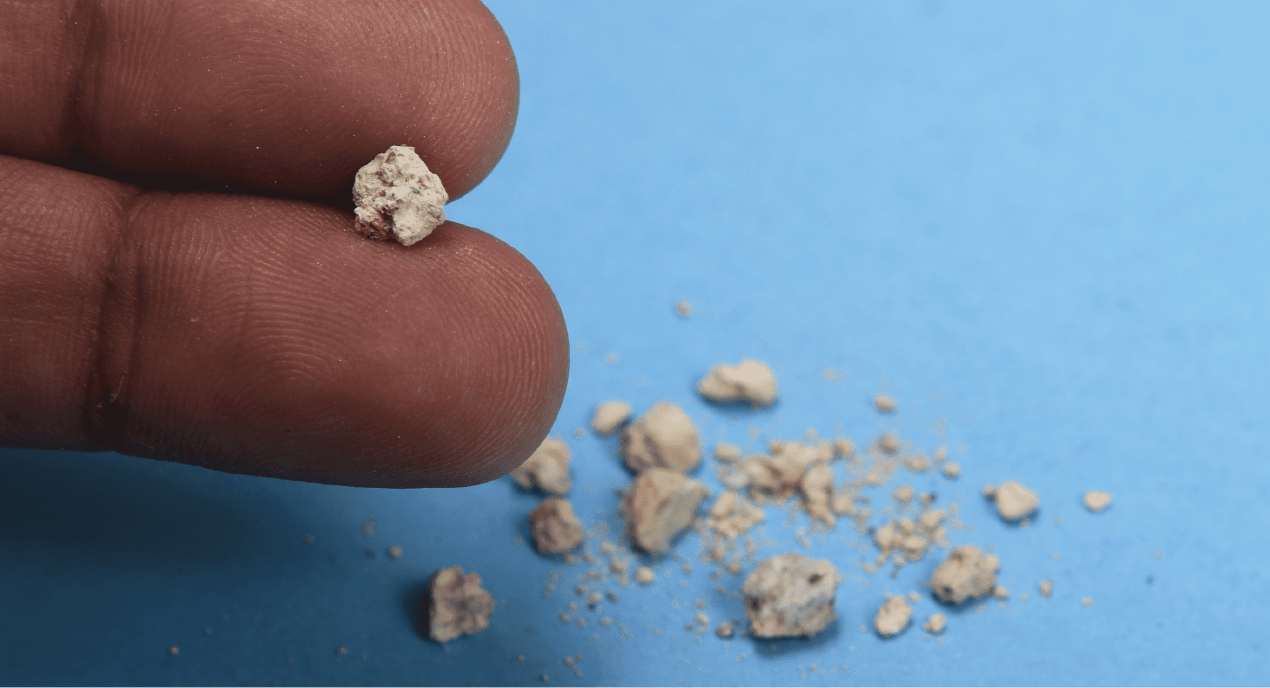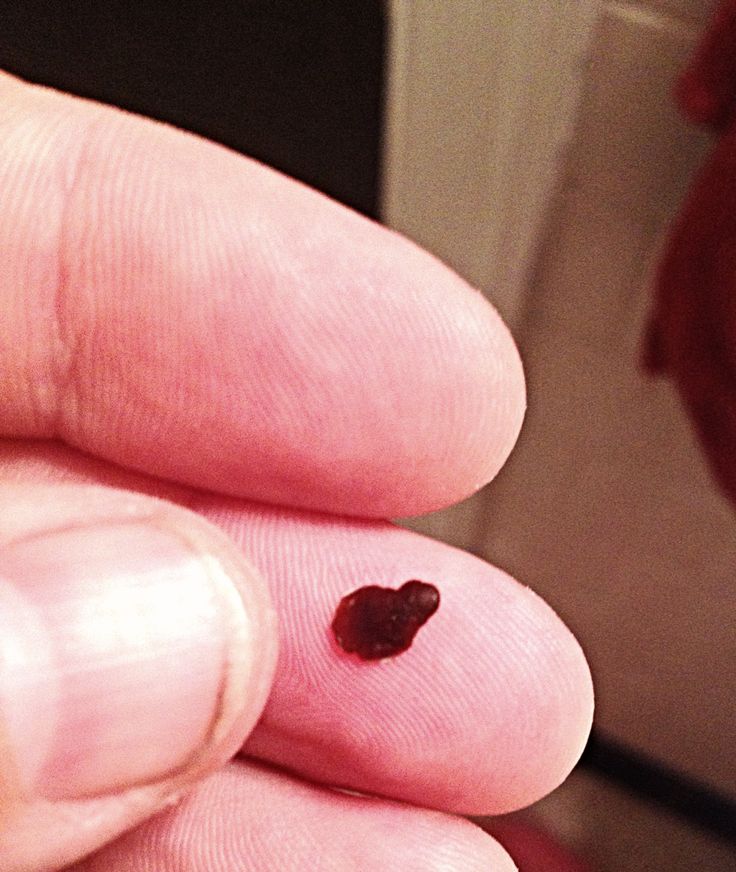Prevention Of Future Stones
Once your health care provider finds out why you are forming stones, he or she will give you tips on how to prevent them. This may include changing your diet and taking certain medications. There is no “one-size-fits-all” diet for preventing kidney stones. Everyone is different. Your diet may not be causing your stones to form. But there are dietary changes that you can make to stop stones from continuing to form.
Diet Changes
Drink enough fluids each day.
If you are not producing enough urine, your health care provider will recommend you drink at least 3 liters of liquid each day. This equals about 3 quarts . This is a great way to lower your risk of forming new stones. Remember to drink more to replace fluids lost when you sweat from exercise or in hot weather. All fluids count toward your fluid intake. But it’s best to drink mostly no-calorie or low-calorie drinks. This may mean limiting sugar-sweetened or alcoholic drinks.
Knowing how much you drink during the day can help you understand how much you need to drink to produce 2.5 liters of urine. Use a household measuring cup to measure how much liquid you drink for a day or two. Drink from bottles or cans with the fluid ounces listed on the label. Keep a log, and add up the ounces at the end of the day or 24-hour period. Use this total to be sure you are reaching your daily target urine amount of at least 85 ounces of urine daily.
Reduce the amount of salt in your diet.
Eat the recommended amount of calcium.
Why Do Doctors Examine The Contents Of The Stone
There are four types of stones. Studying the stone can help understand why you have it and how to reduce the risk of further stones. The most common type of stone contains calcium. Calcium is a normal part of a healthy diet. The kidney usually removes extra calcium that the body doesn’t need. Often people with stones keep too much calcium. This calcium combines with waste products like oxalate to form a stone. The most common combination is called calcium oxalate.
Less common types of stones are: Infection-related stones, containing magnesium and ammonia called struvite stones and stones formed from monosodium urate crystals, called uric acid stones, which might be related to obesity and dietary factors. The rarest type of stone is a cvstine stone that tends to run in families.
How Do Kidney Stones Form
Most stones form just under the inner surface of the kidney. Small crystals in your urine fuse together, similar to the way salt crystals form from evaporating saltwater.
More crystals can bind over time until a stone is formed. The stone can then continue to grow bigger and ultimately become so heavy that it breaks off within the kidney. Once free to move around, it can either stay in the kidney or try to pass down the ureter.
Recommended Reading: Palo Azul For Kidney Stones
Diet And Uric Acid Stones
Avoid these foods if you have uric acid stones:
- Alcohol
- Legumes
- Mushrooms
- Organ meats
- Sardines
Other suggestions for your diet include:
- Do not eat more than 3 ounces of meat at each meal.
- Avoid fatty foods such as salad dressings, ice cream, and fried foods.
- Eat enough carbohydrates.
- Eat more lemons and oranges, and drink lemonade because the citrate in these foods stops stones from forming.
- Drink plenty of fluids, particularly water.
If you are losing weight, lose it slowly. Quick weight loss may cause uric acid stones to form.
Are Home Remedies Effective For Kidney Stones

For some people who have had many kidney stones, home care may be appropriate. When passing a kidney stone, drinking lots of fluid is important. In fact, this is the most important home care measure. Medications may help control the pain . However, if it is the first time one has had symptoms suggestive of a kidney stone, it is important to see a doctor right away.
Read Also: What Laxative Is Safe For Kidneys
Diet And Calcium Stones
Follow these guidelines if you have calcium kidney stones:
- Drink plenty of fluids, particularly water.
- Eat less salt. Chinese and Mexican food, tomato juice, regular canned foods, and processed foods are often high in salt. Look for low-salt or unsalted products.
- Have only 2 or 3 servings a day of foods with a lot of calcium, such as milk, cheese, yogurt, oysters, and tofu.
- Eat lemons or oranges, or drink fresh lemonade. Citrate in these foods prevents stones from forming.
- Limit how much protein you eat. Choose lean meats.
- Eat a low-fat diet.
Do not take extra calcium or vitamin D, unless the provider who is treating your kidney stones recommends it.
- Watch out for antacids that contain extra calcium. Ask your provider which antacids are safe for you to take.
- Your body still needs the normal amount of calcium you get from your daily diet. Limiting calcium may actually increase the chance that stones will form.
Ask your provider before taking vitamin C or fish oil. They may be harmful to you.
If your provider says you have calcium oxalate stones, you may also need to limit foods that are high in oxalate. These foods include:
- Fruits: rhubarb, currants, canned fruit salad, strawberries, and Concord grapes
- Vegetables: beets, leeks, summer squash, sweet potatoes, spinach, and tomato soup
- Drinks: tea and instant coffee
- Other foods: grits, tofu, nuts, and chocolate
Treating And Preventing Kidney Stones
Most kidney stones are small enough to be passed in your pee, and it may be possible to treat the symptoms at home with medication.
Larger stones may need to be broken up or removed with surgery.
It’s estimated up to half of all people who have had kidney stones will experience them again within the following 5 years.
To avoid getting kidney stones, make sure you drink plenty of water every day;so you do not become dehydrated.
It’s very important to keep your urine pale in colour to prevent waste products forming into kidney stones.
The kidneys are 2 bean-shaped organs that are roughly 10cm in length.
They’re located towards the back of the abdomen on either side of the spine.
The kidneys remove waste products from the blood. The clean blood is then transferred back into the body and the waste products are passed out of the body when you pee.
Recommended Reading: Can Kidney Stones Affect Your Psa Count
How To Prevent Kidney Stones
When there is too much calcium, oxalate, or phosphorous in the urine, they can combine and crystallize to form calcium oxalate or calcium phosphate kidney stones. Even too much uric acid in urine can settle to form uric acid stones. Your diet can greatly influence the urinary levels of these substances and is well within your control.
The basic strategy to discourage stone formation is to lower the urinary levels of sodium, oxalate, uric acid, and calcium and increase urinary citrate.1;Citrate stops crystals from growing into stones.
How Do You Prevent Kidney Stones
Kidney stones commonly recur. To help prevent future stones certain measures can be taken, such as:
- Increasing fluid intake;
- Water is best;
- Avoid sugar-sweetened beverages which can increase the risk of developing kidney stones
You May Like: Is Grape Juice Good For Kidney Stones
Preventing Future Kidney Stones
Having one kidney stone means you might develop kidney stones in the future. Here are some steps you can take to help prevent kidney stones from forming:
- Drink about 2-1/2 liters of water per day unless a doctor advises otherwise. How much water each person needs may vary.
- Maintain a low-salt diet.
- Limit animal protein to 6 to 8 ounces a day.
- Lower sugar consumption.
- Include plenty of fruits and vegetables in your daily diet.
- If you take a vitamin C supplement, make sure its less than 1,000 milligrams per day.
If you have a history of kidney stones, a dietician can review your eating habits and provide specific dietary tips that can help lower risks of kidney stones.
Treatment For Kidney Stones
Most kidney stones can be treated without surgery. Ninety per cent of stones pass by themselves within three to six weeks. In this situation, the only treatment required is pain relief. However, pain can be so severe that hospital admission and very strong pain-relieving medication may be needed. Always seek immediate medical attention if you are suffering strong pain.
Small stones in the kidney do not usually cause problems, so there is often no need to remove them. A doctor specialising in the treatment of kidney stones is the best person to advise you on treatment.
If a stone doesnt pass and blocks urine flow or causes bleeding or an infection, then it may need to be removed. New surgical techniques have reduced hospital stay time to as little as 48 hours. Treatments include:
Read Also: Is Celery Juice Good For Kidneys
What To Expect At Home
You visited your provider or the hospital because you have a kidney stone. You will need to take self-care steps. Which steps you take depend on the type of stone you have, but they may include:
- Drinking extra water and other liquids
- Eating more of some foods and cutting back on other foods
- Taking medicines to help prevent stones
- Taking medicines to help you pass a stone
You may be asked to try to catch your kidney stone. You can do this by collecting all of your urine and straining it. Your provider will tell you how to do this.
What Is Kidney Stone Pain Like

Kidney stones are sharp stones that could cause sharp, shooting pains. You may feel pain around your lower back or your sides. It could travel down to your abdomen and all the way to your groin.
And as you try to pass kidney stones, you might also feel them in your ureter. Men may feel pain at the tip of their penis.
The pain may come and go. Sometimes, it might be too much to bear and lead to a visit to the emergency room.
If you feel pain and experience a burning sensation when you urinate, visit your doctor.
Read Also: Is Pomegranate Juice Good For Your Kidneys
Are There Any Foods Or Drinks That Help Treat Kidney Stones Are There Any Home Remedies
There are three liquids rumored to help with kidney stones:
- Cranberry juice. Although cranberry juice can help prevent urinary tract infections , it doesnt help with kidney stones.
- Apple cider vinegar. Vinegar is acidic and it can sometimes create changes to your urine, which helps with kidney stones. But, this doesnt always help. Talk to your healthcare provider about the use of vinegar.
- Lemon juice. Lemon juice is rich in citrate, which can help prevent kidney stones from forming. Citrates are found in several citrus fruits including lemons, limes, oranges and melons.
- Coffee. Studies show that coffee may decrease your risk of developing kidney stones.
Avoid soda and other drinks with added sugar or fructose corn syrup. They increase your risk.
Considering Your Risk Factors
Don’t Miss: Pineapple For Kidney
People With A History Of Kidney Stones May Sometimes Forgo The Doctor
While infection with kidney stones is a medical emergency, some people with a history of kidney stones may not always need to see a doctor, says Lieske. After an initial consultation with their physician, people who recognize their symptoms may be able to have pain medication on hand, so they can try passing the stone at home, he explains.;Your doctor will likely have you drink plenty of water to help flush the stone out of your urinary tract.
Whether to use this approach really depends on how severe the pain is and how comfortable people are with this strategy, says Lieske.;Anecdotally, it seems that patients may have less severe pain the more kidney stone attacks they have had over the years, although this is certainly not universally true.
Ibuprofen can help with kidney stone pain, while a drug called tamsulosin; may help relieve discomfort and enable you to pass the stone, notes Marchalik.
Fortunately, doctors can help you make prevention plans so you can avoid repeatedly developing stones.
What Does It Feel Like To Have A Kidney Stone
Everyone experiences kidney stones differently. Typically, kidney stones within the kidney do not cause pain.
If a stone falls onto the opening where the kidney meets the ureter or passes into the ureter, this can prevent urine from draining out of the kidney. This backing up of urine can lead to back pain just below your ribs. Sometimes the pain can be severe enough to cause nausea and vomiting.
As a stone moves, the blockage of urine may be relieved and symptoms may improve or go away. The pain may return if the stone begins to cause blockage of urine again. This changing of symptoms is called renal colic.
Blood in the urine may be a sign of kidney stones. Sometimes the blood isnt visible to the naked eye and must be detected by a urine test.
If a stone is able to pass down the ureter and close to the bladder, the pain may move to the front of the abdomen, near the pelvis.
Stones very close to the bladder can cause pain that is felt in the genitals. A stone that reaches the bladder can cause burning with urination or changes in how often or how urgently you need to urinate.
Recommended Reading: Is Red Wine Good For Kidney Stones
Dietary Calcium And Kidney Stones
Only lower your calcium intake below that of a normal diet if instructed by your doctor. Decreased calcium intake is only necessary in some cases where absorption of calcium from the bowel is high.;
A low-calcium diet has not been shown to be useful in preventing the recurrence of kidney stones and may worsen the problem of weak bones. People with calcium-containing stones may be at greater risk of developing weak bones and osteoporosis. Discuss this risk with your doctor.
Will It Help Or Hurt To Take A Vitamin Or Mineral Supplement
The B vitamins which include thiamine, riboflavin, niacin, B6 and B12 have not been shown to be harmful to people with kidney stones. In fact, some studies have shown that B6 may actually help people with high urine oxalate. However, it is best to check with your healthcare professional or dietitian for advice on the use of vitamin C, vitamin D, fish liver oils or other mineral supplements containing calcium since some supplements can increase the chances of stone formation in some individuals.
You May Like: How Much Money Is A Kidney Worth
Complications Of Kidney Stones
Kidney stones can range in size from a grain of sand to that of a pearl or even larger. They can be smooth or jagged, and are usually yellow or brown. A large stone may get stuck in the urinary system. This can block the flow of urine and may cause strong pain.;
Kidney stones can cause permanent kidney damage. Stones also increase the risk of urinary and kidney infection, which can result in germs spreading into the bloodstream.
How Long Does It Take To Pass A Kidney Stone

The amount of time it can take for you to pass a kidney stone is different from anothers. A stone thats smaller than 4 mm may pass within one to two weeks. A stone thats larger than 4 mm could take about two to three weeks to completely pass.
Once the stone reaches the bladder, it typically passes within a few days, but may take longer, especially in an older man with a large prostate. However, pain may subside even if the stone is still in the ureter, so its important to follow up with your healthcare provider if you dont pass the stone within four to six weeks.
You May Like: Is Ginger Tea Good For Kidneys
What Increases Your Risk
Several things can affect your risk for getting kidney stones. These include:
- How much fluid you drink. The most common cause of kidney stones is not drinking enough water.
- Your diet. Diets high in protein and sodium increase your risk for kidney stones. So do oxalate-rich foods, such as dark green vegetables. If you think that your diet may be a problem, a dietitian can help.
- Being overweight. This can cause both insulin resistance and increased calcium in the urine, which can increase your risk for kidney stones.
- Medicine. Some medicines can cause kidney stones to form.
Your age, gender, and whether you have a family history of kidney stones can also affect your risk. But these things are out of your control.